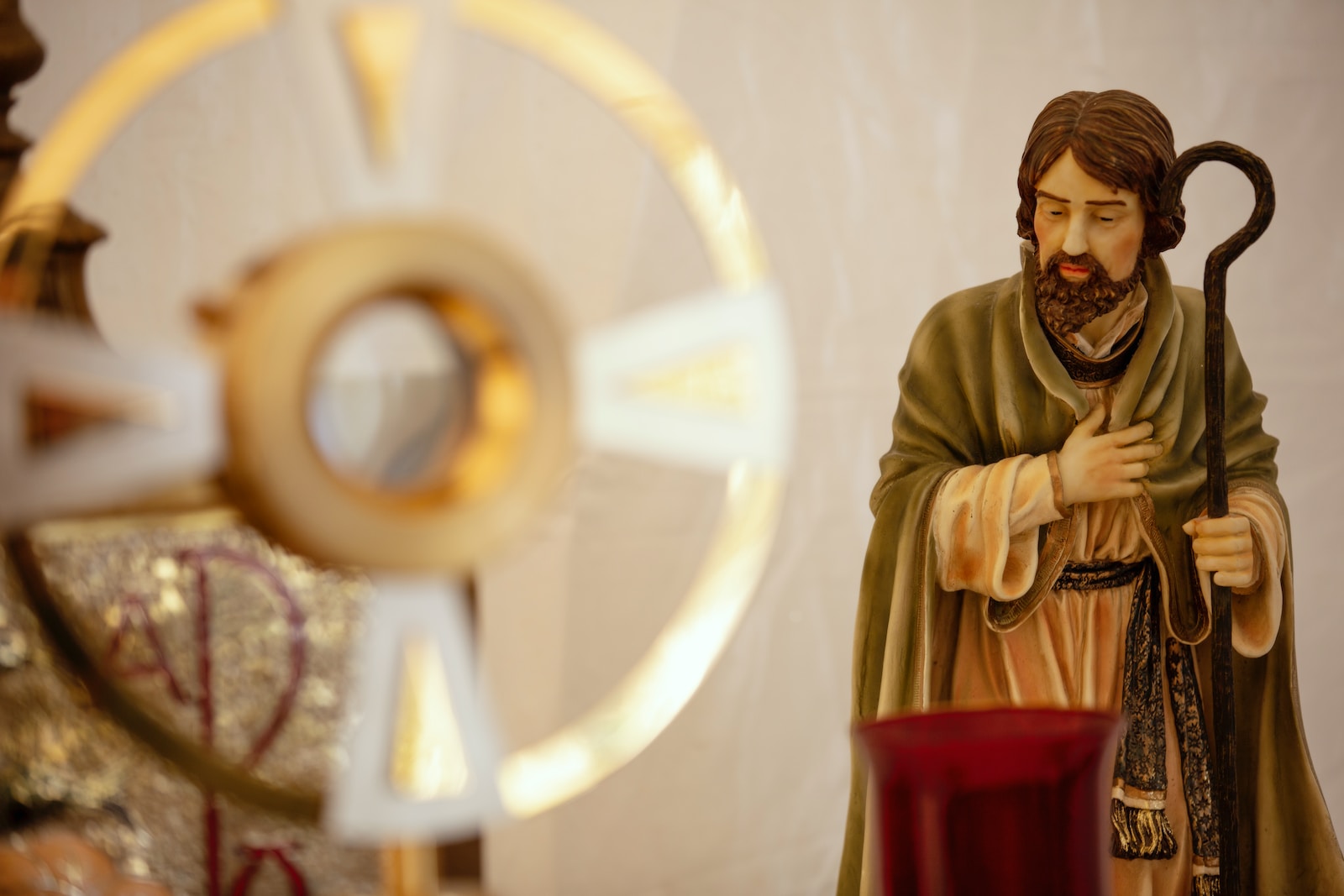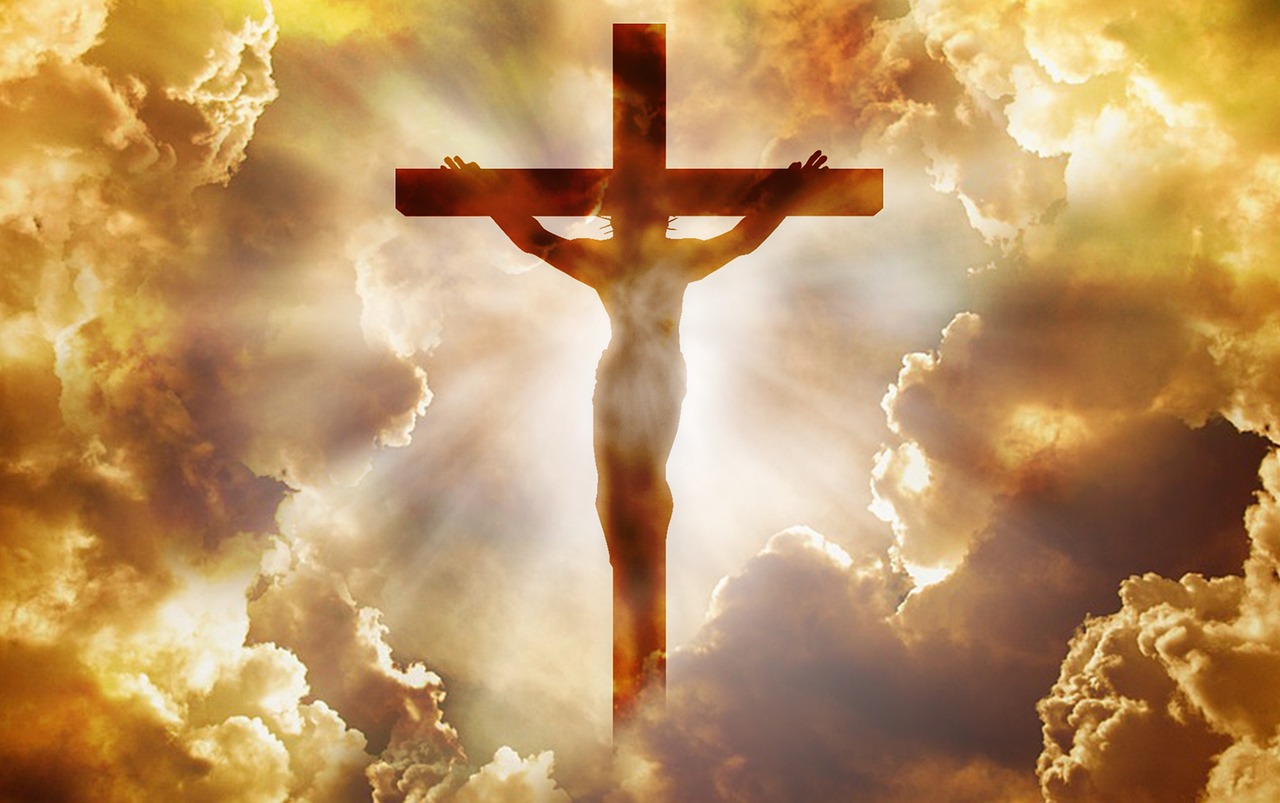Genesis 39 is a fascinating chapter in the book of Genesis that tells the story of Joseph and his time in Egypt. It’s a chapter that showcases the remarkable character and unwavering faith of Joseph, as well as foreshadows the messianic link to Jesus.
In this chapter, we find Joseph, a young man who has been sold into slavery by his jealous brothers. Despite his circumstances, Joseph remains faithful and manages to catch the eye of Potiphar, an officer of Pharaoh and captain of the guard. Impressed with Joseph’s abilities, Potiphar makes him his personal attendant, entrusting him with the management of his entire household.
Joseph’s faithfulness and dedication are immediately apparent, as everything he touches prospers under his care. It’s evident that God’s favor rests upon Joseph, a theme that runs throughout the story. Joseph’s success, however, catches the attention of Potiphar’s wife, who becomes infatuated with him. She persistently pursues Joseph and, despite his consistent rejection, she falsely accuses him of attempting to seduce her when he refuses her advances.
Potiphar, angered by his wife’s accusations, has Joseph thrown into prison. Despite this setback, Joseph’s faith remains unshaken. In prison, he quickly gains favor with the prison warden, who entrusts him with overseeing the other prisoners. Once again, Joseph’s integrity and strong work ethic shine through in his new role.
Now, let’s explore the messianic link to Jesus in this story. Joseph, as a figure in the Old Testament, serves as a type or foreshadowing of Jesus Christ. There are several significant parallels that we can draw between Joseph and Jesus, which highlight the redemptive work of Christ.
Firstly, both Joseph and Jesus were innocent figures who were falsely accused. Just as Joseph was wrongly accused of attempted seduction, Jesus was unjustly accused and condemned by the religious leaders of his time. Both Joseph and Jesus remained steadfast in their integrity, refusing to compromise their devotion to God.
Secondly, Joseph’s time in prison can be seen as a foreshadowing of Jesus’ death and burial. Both spent time in confinement, and both emerged from their trials to fulfill a greater purpose. Joseph was eventually released from prison and exalted to a position of great authority in Egypt, while Jesus was resurrected from the dead, triumphing over sin and death.
Additionally, Joseph’s ability to interpret dreams is reminiscent of Jesus’ role as the ultimate revealer of truth. Joseph accurately interpreted the dreams of Pharaoh’s cupbearer and baker, foretelling their fates. Similarly, Jesus came to reveal God’s truth to humanity, offering the promise of salvation and eternal life.
Furthermore, Joseph’s rise to power and his subsequent role in saving Egypt from a severe famine can be seen as a parallel to Jesus’ role as the Savior of the world. Joseph’s actions in providing for the people during the famine foreshadow Jesus’ redemptive work of offering eternal life and salvation to all who believe in him.
In summary, Genesis 39 showcases the incredible character of Joseph, who remained faithful and devoted to God amidst challenging circumstances. The messianic link to Jesus is evident in the parallels between Joseph and Jesus, highlighting Jesus’ role as the ultimate Savior and redeemer of humanity. It’s a powerful reminder of God’s faithfulness and the redemptive plan He has woven throughout history.
#Genesis39, #JosephsFaith, #MessiahForeshadowing, #InnocenceAndAccusation, #UnjustCondemnation, #SteadfastIntegrity, #DeathAndResurrection, #RevealerOfTruth, #SaviorOfTheWorld, #RedemptiveParallel, #GodsFaithfulness, #UnwaveringDevotion, #JosephAndJesus, #DivinePlan, #TriumphOverAdversity, #EternalLife, #RedemptionThroughFaith, #CharacterAndDestiny, #JesusInOldTestament



